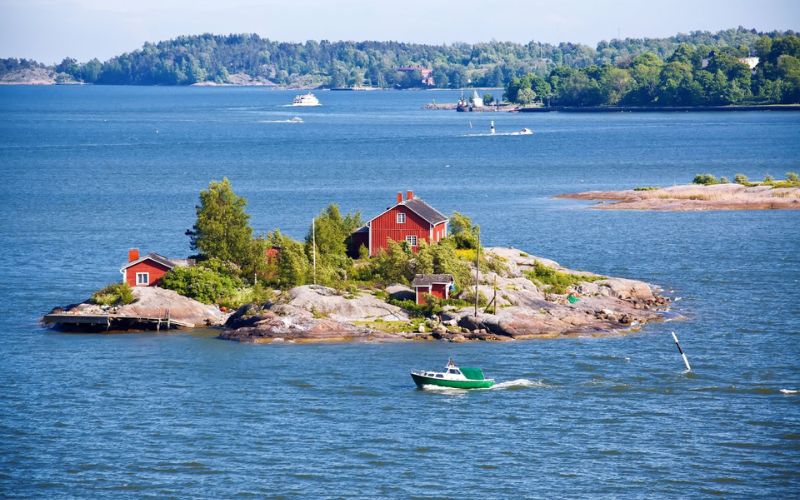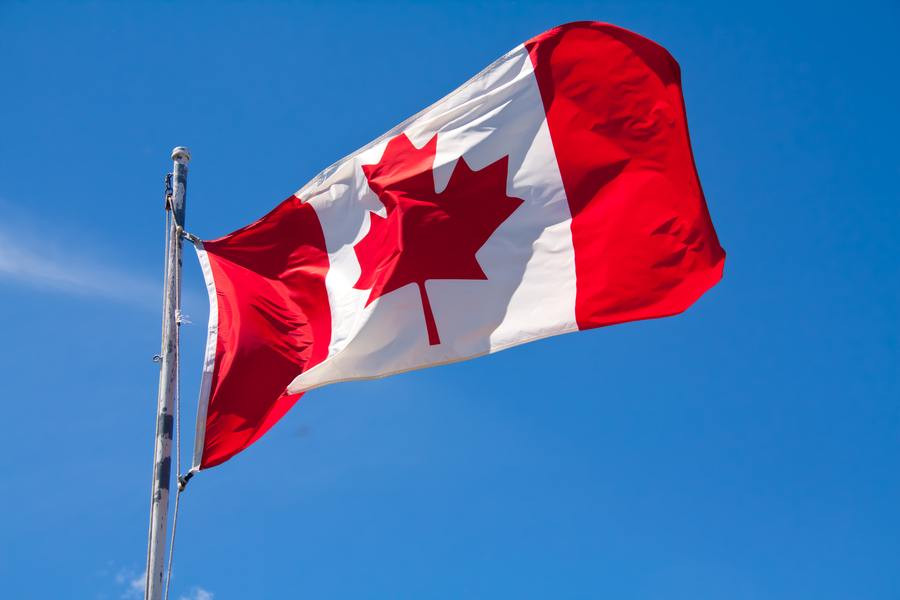An upward trend in housing prices isn’t expected to significantly change in British Columbia despite an anticipated slowdown in sales this year, economists said.
The B.C. Real Estate Association’s chief economist said earlier last week that new housing stock, slightly higher interest rates, and tighter mortgage regulations will result in about a 10% decline in sales compared with 2017.
But demand continues to outpace supply in most markets from Vancouver Island to the Okanagan, which spurs rising prices, Cameron Muir said.
“We would need a combination of a pretty substantial decline in demand as well as significant increases in overall residential supply in order to get to the point in which prices would decline,” Muir told The Canadian Press.
Nationally, the Canadian Real Estate Association has said tighter mortgage regulations imposed at the start of the year, including a stress test for uninsured mortgages, would result in fewer sales and reduced prices by about 1.4% to an average selling price of $503,100 this year.
Bryan Yu, economist with Central 1 Credit Union, said the changes may slow the pace of first-time buyers entering the market or lead to adjustments in what people choose to buy.
While this may slow sales, particularly in the first quarter of this year, he said B.C.’s growing economy and jobs will maintain a strong demand.
“I think the overall economic drivers are still there to support rising prices through 2018,” Yu said.
Read more:
The Real Estate Board of Greater Vancouver said last week that the benchmark price for all residential properties was $1,050,300, in 2017, a 15.9% jump from December 2016.
Sales of detached homes, townhomes, and apartments reached 35,993 last year, the third highest total in a decade.
The board considers the sales total more “historically normal,” marking a 9.9% decrease from 2016 and down 15% from the sizzling pace of 2015.
A key aspect of last year’s housing market was a decline in the number of available listings, a trend the board has said can put upward pressure on prices.
Board president Jill Oudill said 54,655 properties were listed for sale in 2017, a dip of 5.1% from the year earlier.
She also said market activity across the Vancouver region differed considerably in 2017 based on property type.
“Competition was intense in the condominium and townhome markets, with multiple offer situations becoming commonplace,” Oudill said in a news release.
Related stories:
Ephraim is currently a journalist at Mortgage Broker News, Real Estate Professional and Canadian Real Estate Wealth.
Ephraim is a highly accomplished news reporter whose work has been published across North America and the Asia Pacific region. Before joining Key Media, Ephraim spent eight years working as a journalist with Reuters TV. His areas of expertise include real estate, mortgage, and finance.
LinkedIn | Email









